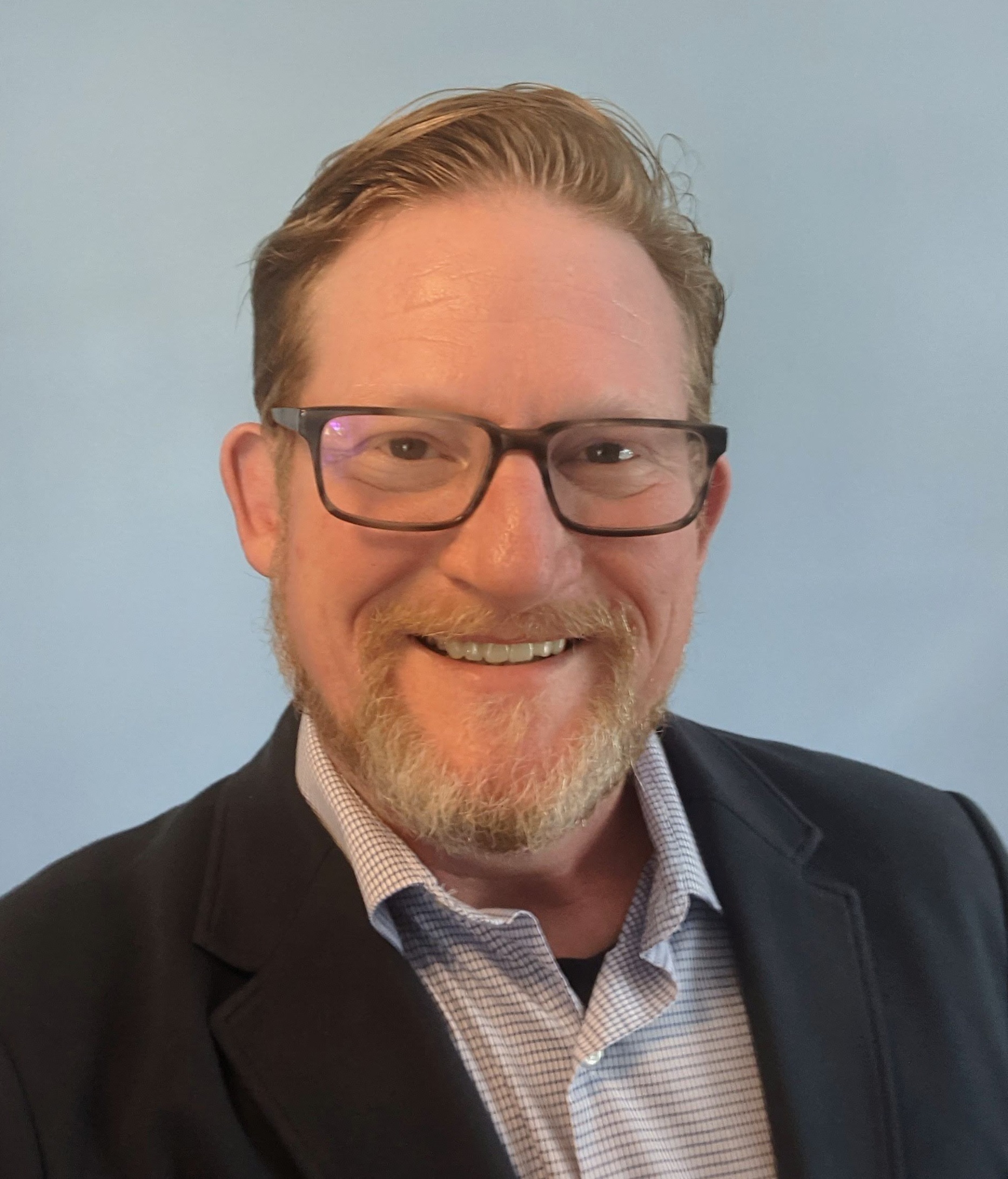Executive Director’s Corner: Strategic Plan Progress
Vann Pearsall Last year, following input from members and donors, the PCC Board approved the 2023-25 Strategic Plan to guide our growth and enhance our programs and services. Much work has been done already, and it’s my pleasure to share the progress after the first quarter of 2023. The first goal, and one of the utmost importance [...]


